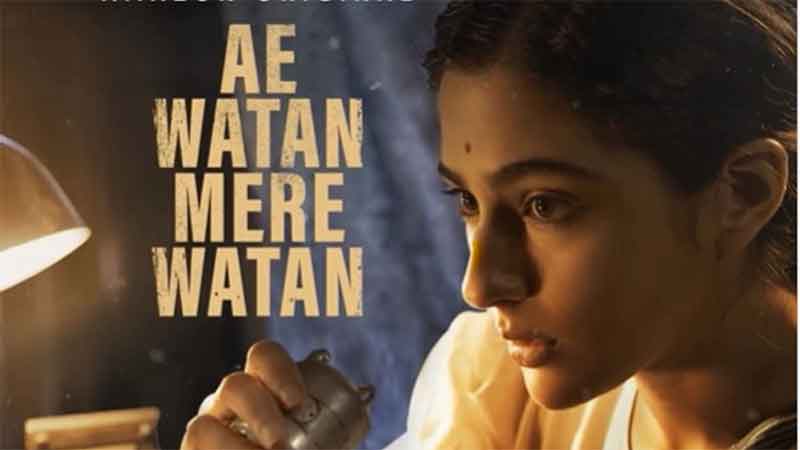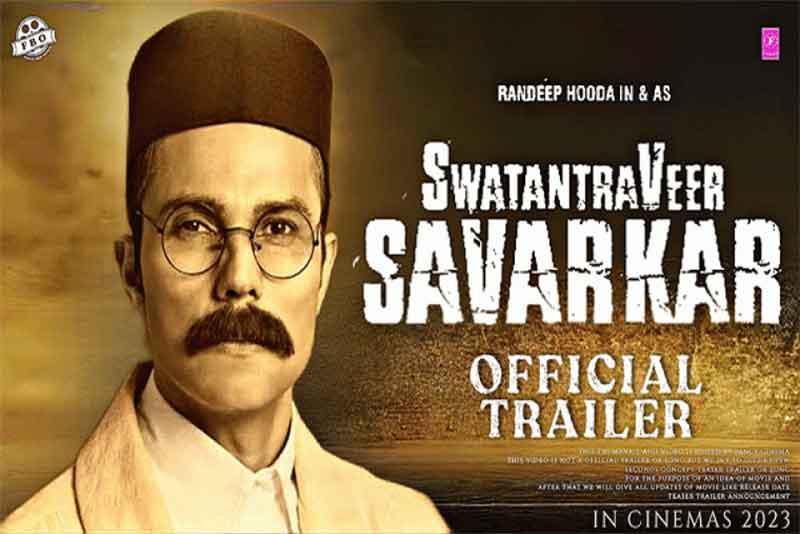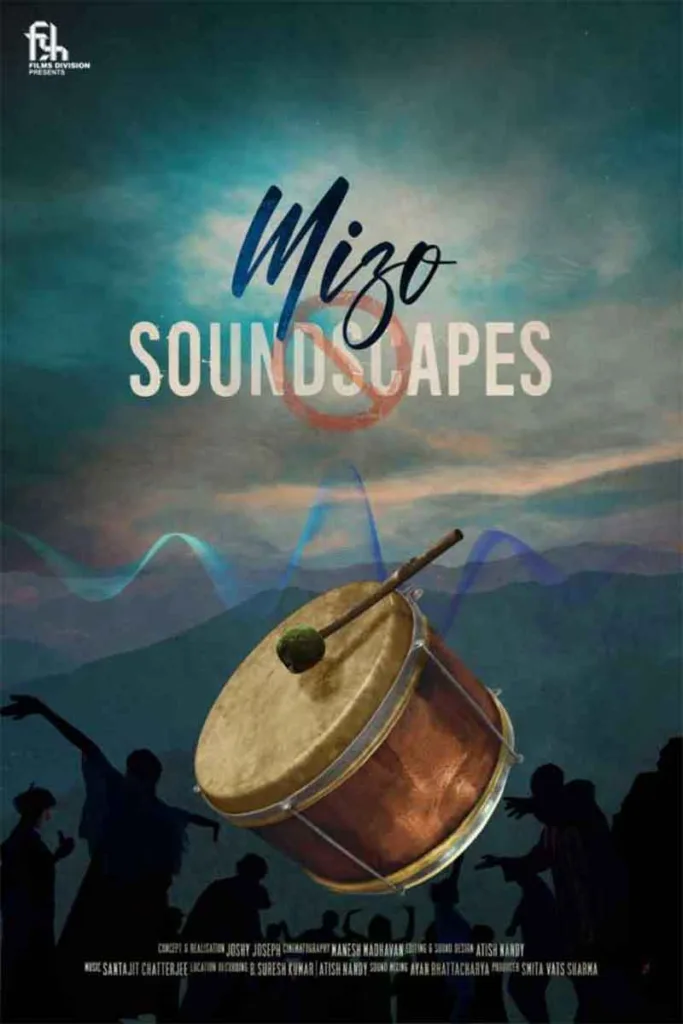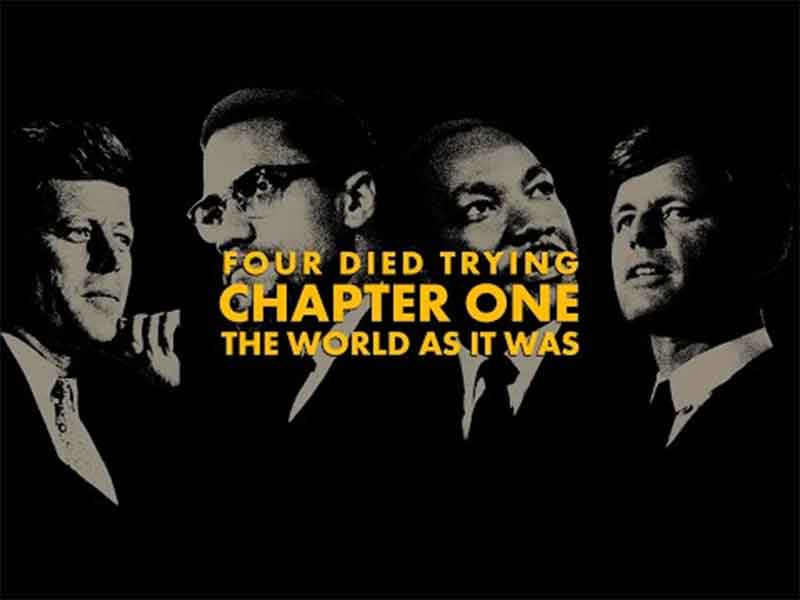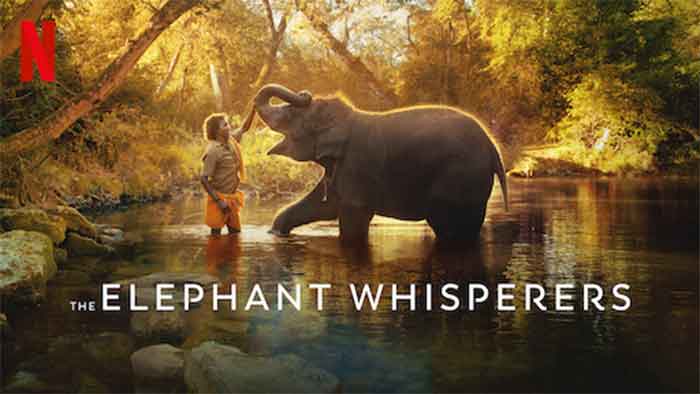
Attending a documentary film pitching forum in 2014, I found myself being criticised not only for the film I had made, but for the level of privilege I was assumed to have, my shoes being in the shots, the type of home I lived in and everything that had nothing to do with my subject or craft. Given the nature of these competitive forums, perhaps I should have expected this, but in retrospect, I believe that there was a deeper-rooted issue emerging. While the films themselves tackle difficult social issues, the filmmakers, forums, and ecosystem around them are recreating the same social problems that they critique.
With the documentary industry being based on ideas of social justice, cinema becomes a vehicle for the hipster tendency towards holier than thou, virtue signalling, differentiation in Bourdieu’s terms and a sort of social capital that comes from being so niche and rooted to reality that you are almost the vanilla version of millennial critical thinking. The idea is that we are woke, we are done with social change, change has arrived, we have turned the planet on its head, and we are a better society now. But is this truly the case?
After the win for ‘Elephant Whisperers’ at the Oscars, one that everyone may have heard of now, the filmmakers hailed it as a win for women in documentary. Social media accounts do point towards the social and caste capital that filmmaker Kartiki Gonsalves happens to have, implying that the win was not as craft or art centric as it was a win for social capital. Such comments get branded as hate, instead of being seen for what they are – a critique of the continuing social tendencies towards caste hierarchy. Other filmmakers took to social media with cynical remarks about the usual pressure groups reacting to the films. Since the filmmaker’s own voice holds so much weight however, calls for social justice are condemned as complaints, while censorship of the film becomes the virtuous signal of right and wrong. The voice of the filmmaker is so important, so central, that every critical comment is thrown aside (as seen on social media) as coming from a bad place, of jealousy/bigotry/revenge or some such personal tendency. Instead of deepening discussions or becoming open to a critique of their own worlds and lives, the auteur is the hero and the subject is only another object to be consumed and assessed.
The complexity of these comments, the reason for the critique is completely sidelined. If we subscribe to the notion that the personal is political, and personal critiques come from experiences of social injustice, then perhaps the voices crying out in response are as important as those of the filmmakers. Critical films, investigative, activist, driven by the urge to expose injustice are not considered art enough by pitching forums in my experience, the importance of the subject is subsumed by the charm signalled by the filmmaker, their story of extreme deprivation or of overcoming the odds- their personal tragedies and therefore the sort of sympathy that politicians garner can be attributed even to documentary filmmakers today. What remains unseen is the increasing tendency towards human-animal relationships as stories that triumph, of individualistic narratives, linear formats, of the stories that are simplistic and perhaps reductive even as they are beautiful or easy to watch. Awards, grants, and forums slowly chisel away at real reactions, where joy is not always shown as a laugh, where tears can mean anger or despair, but also happiness, where social reality is not a reductive mathematical equation, but a complex and nuanced and deeper web that depends both on the media created, but on the lived experience of social reality.
To remind ourselves, films are one way for the youth, the public and people to learn about their societies, to get insights and to understand another person’s reality- to empathise. They belong to a broader ecosystem that is slowly edging in one direction or another. When the media that is consumed and created- is dictated by content fiends, not interested in developing a discourse or in understanding the social justice element, when it is proliferated by those who prioritise profits over truth, it renders a filtered version of reality that may be as damaging as fake news.
Since the Oscars, accounts of unethical practices used by filmmakers have emerged in the Swaddle, about the relationship between the filmmaker and their protagonist. What is being called the renaissance of documentary can perhaps also reveal just why out country is weighed down by increasingly extremist ideas, riots, hate and bigotry. They want to sell a single-story, something that novelist and author Chimamanda Ngozi Adiche warned against. Even if this version of the single story is more beautiful, subtle, poetic and well crafted, it continues to present one sort of reality, deepening the binary between what is right and wrong, what is woke and not. Complexities are lost in this sort of narritivising, social movements are obsolete, other forms of media lose their weight and importance, and there is only one right way to create, other forms become less true, reality is defined by those who construct it.
Social movements work on their concerns through the day and night. Their priority is not to tell the most popular or the most trendy story as it appears to be on that day of the week or month or year, it is not to follow social media trends, but to engage with social realities deeply and to do the work of enabling and educating, of organising, of responding to critiques and questions. Social movements and justice have been achieved not through televised media in the past, but through longstanding work and sacrifices. The revolution is not televised, nor is it packaged in neat bundles of funded editorial interests and sensibilities.
In this recent Oscar win, it appears that our social critics today, this generation of documentary filmmakrs are agents of change. The question remains, do they have the strength to really question fascism, analyse social trends that are not obvious and delve deeper into social justice work? Can they get over the minor privileges that their community has- to enable further critically engaged voices? Or are they going to be hung up on how rich or poor their neighbour is, who gets better funding, how the realities they represent would sell best? Is there a balance that can perhaps be more social embedded than what is emerging? Is that even a concern for artists who make political work, or do they want merely the attention?
Never in the history of India have we seen such a huge level of hypocrisy wherein filmmakers are not only amassing wealth and status, but also running social media accounts to show off their wins in the name of doing social good. Following the wins of filmmakers, social media has found a way to turn every NGO, every social media group, every initiative into one that is based on storytelling for public consumption and awards. So ubiquitous is this digital wave, the interest in video, in film, that the role of information and storytelling have been subsumed by the desire to share ones’ own version of narratives, to produce work and show it to people and to garner attention for it. It is a market of the issues plaguing us and the most poetic rendition gets a trophy, and then we carry on as industrialisation ravages forests, land is handed over to corporates, communities are lynched, and social media is the source of all our insecurities, information, where true human interaction has become impossible. It is all being done in the name of India, of the real heroes struggling and needing empathy, but it changes nothing and only reproduces an increasingly worrying reality. No longer do we hold any hope, any sense of community, any sense of trust in our fellow citizens, instead, we compete for the most enticing piece of meat like hawks. Perhaps, we too will start falling from the sky as the invisible pollution of our self-absorbed lives starts taking over our lungs.
Where are the people? Who is the documentary industry really for? What purpose does it serve, as opposed to the one it seems to propound?
In the 1960s and 70s, spurred on by recent nationalism in the freedom movement, the urban population seemed was hopeful about India’s future as a nation. There were ideas of community, of how cities must grow, where people would live, on the role of the village and the importance of supporting rural communities not only through the media, but through interventions that delved deep into social issues, built a commitment to those lives and people, and created some of the most epic social movements. Sociologists and writers spend decades studying the same. Entire studies were produced on social movements and used to drive social change.
When studying environmental policy in the United States, I was offended when they taught me that the US invented environmental law. To me, growing up in Delhi, our schools taught us about the Chipko movement, about the Narmada movement, movements that protected the environment, that brought caste equality through the Mandal commission, of the people who wrote and built the constitution to connect ideas of secularism with social realities.
While it is debatable now, based on an analysis of funding sources, there is a chicken and egg situation between social movements and social justice funding. Do social movements apply for social justice funding and emerge as phenomenons lead by affected individuals and groups, or then do funders dictate the terms of social movement and change in India? Are artists even concerned about social realities, or do their films represent their own catharsis, only to continue on with business as usual?
In the 1980s and 90s, at least five films were produced about the Narmada Bachao Andolan, others were made about the nature of oppressive developmental projects, critiques of industrialisation were spelt out. Today, this sort of film has been condemned as activist media, lending towards a bent that valorises art and poetry sans an analysis of the larger forces. In the name of subtlety, it is perhaps that a broader critical analysis of caste, industry, capitalism, governments, states and the powers installing new regimes- is being lost. We have gone from a culture that celebrated social movements led by communities who demanded an inclusive vision of growth, to a hyper individualistic, production house based, almost Bollywood version of the documentary.
What is being lost is the deeper work that a film did, of informing, creating dialogue, sharing art without centering the artist or the award. Images of the recent films not only produce commentary on the subjects, but also tend to document the filmmaker’s journey on social media. Filmmaker’s reactions to award nominations being captured live, who can tell if their screams and laughs are as constructed as their verite films, or then truly a rendition of reality. Irrespective, the author has become not only the filmmaker, the social commentary, the film, and the centre of all social justice work, the hero and the winner all wrapped in one- blinding us to the world around, to the larger and much more worrying social trends.
Does the renaissance in documentary signal perhaps an end to local support for expression, to the end of true social power, civil society? Is there anyone who is watching what’s going on, or are we living in a sci fi version of Hollywood, each one consuming media, feeling satisfied by our own comfort, reality becoming the version we get- customised by an algorithm. Has anyone looked out at the streets lately, and is it time to perhaps find deeper ways to channel the intensity of support towards documentary to create screening mechanisms, means of proliferating the stories, sharing them and bringing social consciousness and a story that is as connected to the audiences as it is to the world it represents!
Tarini Manchanda is a Filmmaker, Researcher
Blog: tarinimanchanda.com

